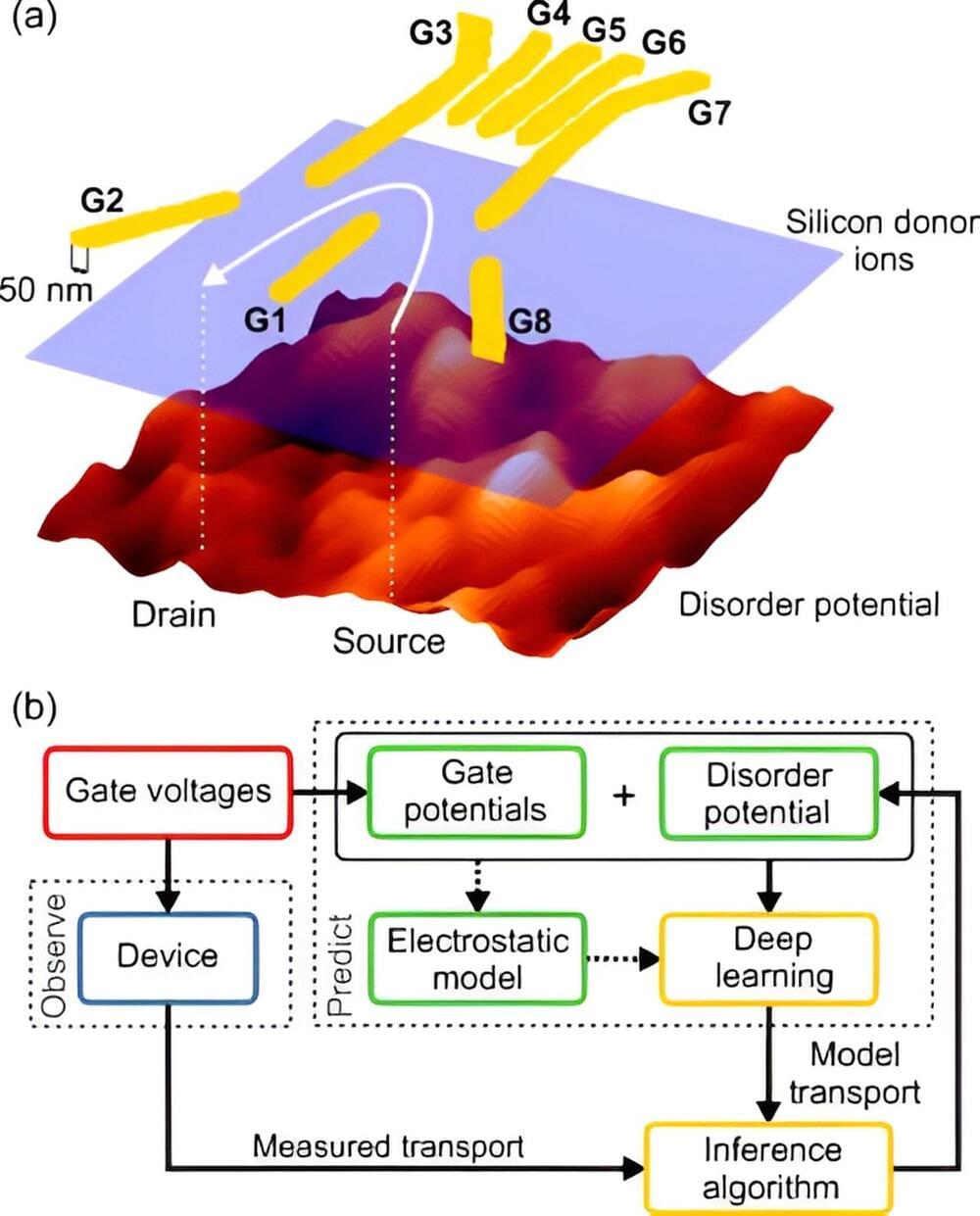LG is already one of the most prolific EV battery manufacturers in the US, but it wants to build the devices that charge them, too. The company just opened just opened its first EV charger manufacturing facility in the US, a 59,000 square foot plant in in Fort Worth, Texas capable of manufacturing 10,000 units per year.
The company has already started to assemble 11kW home-style chargers there and will begin producing 175kW fast chargers in the first half of 2024. It plans to built 350kW ultra-fast chargers at some point this year designed for “commercial travel and long-distance transportation,” LG wrote.
The Korean company said it chose Texas as it had existing facilities there and because the state offers “excellent logistics and transportation networks and is home to major operations for companies in industries ranging from automobile manufacturing to finance” (GM, Toyota and Tesla all have vehicle assembly plants in the state).







